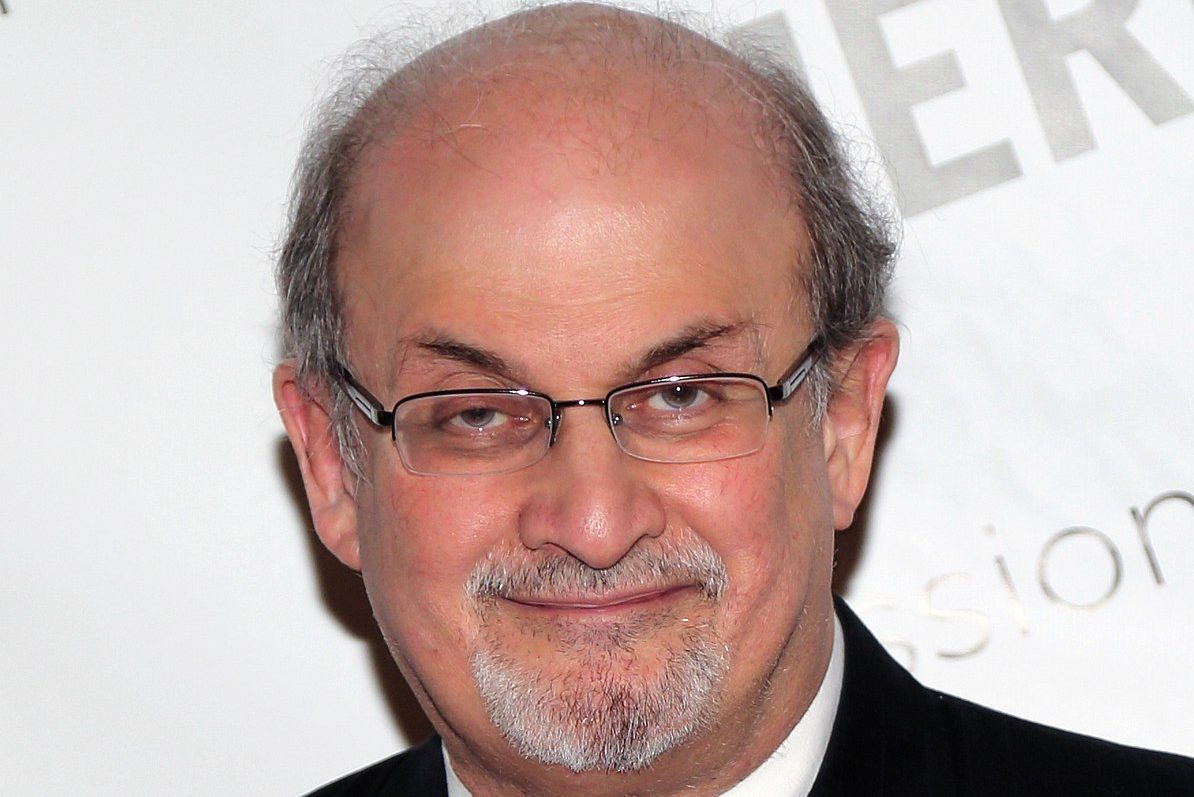Global Courant 2023-04-20 04:02:38
Victory City is an epic chronicle of the rise and fall of Vijayanagar (the capital of the historic South Indian Vijayanagara Empire), which acquires the name “Bisnaga” through ill-fated attempts at pronunciation by a Portuguese traveller.
The story unfolds as a fictional retelling of Bisnaga’s history, based on the archaeological discovery of the Jayaparajaya, a poem by a writer named Pampa Kampana. Readers are told that the title translates as “Victory and Defeat”.
The unnamed narrator’s voiceovers and alternate versions of stories alert readers to the intersections of memory, commemoration, and history. As the narrator explains, “We knew only the ruins that remained, and our memory of its history was also ruined by the passage of time, the imperfections of memory.”
Throughout the novel, Rushdie explores the process of making history – how it is recorded and how meaning is assigned. As Pampa Kampana says, “History is not only the result of people’s actions, but also of their forgetfulness.”
Rushdie is interested in how history is contested and rewritten in contemporary moments. In particular, he focuses on the populist exploitation of historical narratives for political gain. We hear that “fictions can be as powerful as histories” and that – paradoxically – “they were no more than a sham, but they created the truth”.
Through her poem, Pampa Kampana generates a collective interest among the citizens of Bisnaga in the city and the civilization she seeks to build. The novel chronicles the fate of the city through successive rulers, who ultimately bring about its downfall.
Victory City’s place in Rushdie’s oeuvre
Victory City occupies an interesting position in Rushdie’s wider oeuvre. In some ways it could be read as a companion book to ideas he explored in The Enchantress of Florence (2008), where a European traveler arrives at the court of the Mughal Emperor Akbar and claims to be the son of a lost Mughal princess, Qara. Köz, with magical powers.
Women play a central role in the construction of the world of both novels – Pampa, like Qara, is a sorceress.
Victory City also marks a return of sorts for Rushdie, who hasn’t put a novel down substantially on the Indian subcontinent in over a decade.
In a time of resurgent nationalism, Rushdie’s turn to the historical epic is interesting because it resorts to medieval history and the lineages he develops.
It is reminiscent of Telugu historical movie epics like Baahubali (2015), or the historical worlds evoked by Hindi filmmakers like Sanjay Leela Bhansali in Bajirao Mastani (2015), or Ashutosh Gowariker in Yodha Akbar (2008).
Victory City – similar to The Enchantress of Florence – shows Rushdie’s research. The novel contains a bibliography of the works he referred to, including the history of Vijayanagar from the early 14th to the late 16th century.
Rushdie’s training as a historian at Cambridge University is reflected in his fiction. There are detailed descriptions of court life, city living and encounters with travellers. There is also an astute sense of the partiality of history and how perspective shifts in the different telling and retelling of the same event.
In this way, Victory City sharpens the reader’s understanding of the making of history and how it can be used to serve certain agendas.
Rushdie’s plea for tolerance
Victory City is Salman Rushdie’s fifteenth novel and the first to be published since he was brutally attacked in August 2022, causing him to sustain life-changing injuries.
Although completed before the attack, the work can be considered a response to what Rushdie’s attacker stands for its appeal to kindness and forbearance. To think of Victory City purely in terms of this incident, however, does an injustice to Rushdie’s great epic novel.
Rushdie is a confident storyteller at the peak of his abilities, revealing once again the importance of India as a source of his imagination.
Salman Rushdie in 2017. Photo: Rafal Guz
Victory City is deeply humanistic. Appeals are made everywhere for justice, respect and equality – and perhaps a prism to reflect on how these ideals are increasingly under threat. Rushdie gives us the words and stories to defend them.
Florian Stadler is a lecturer in literature and migration at the University of Bristol.
This article has been republished from The conversation under a Creative Commons license. Read the original article.
Similar:
Loading…








